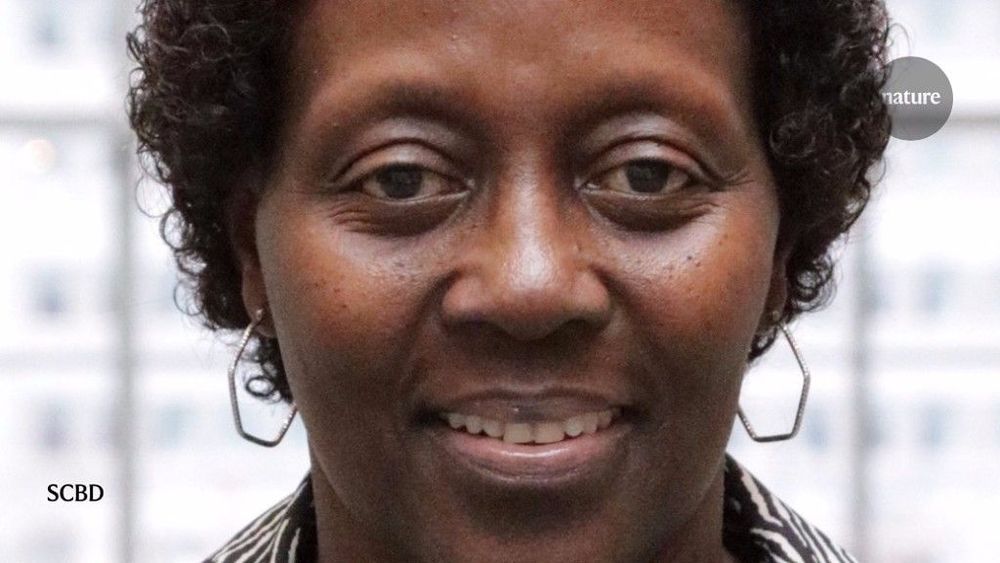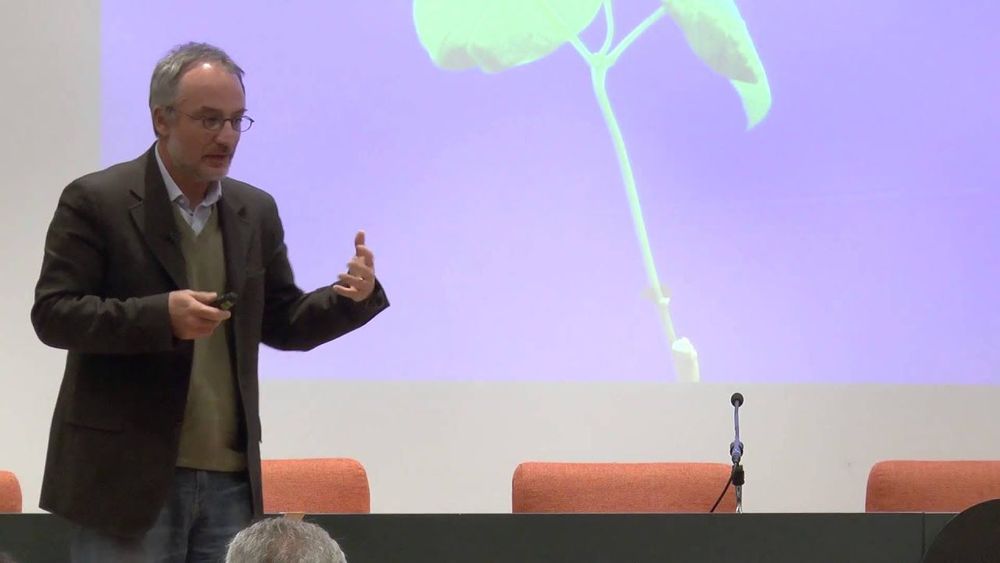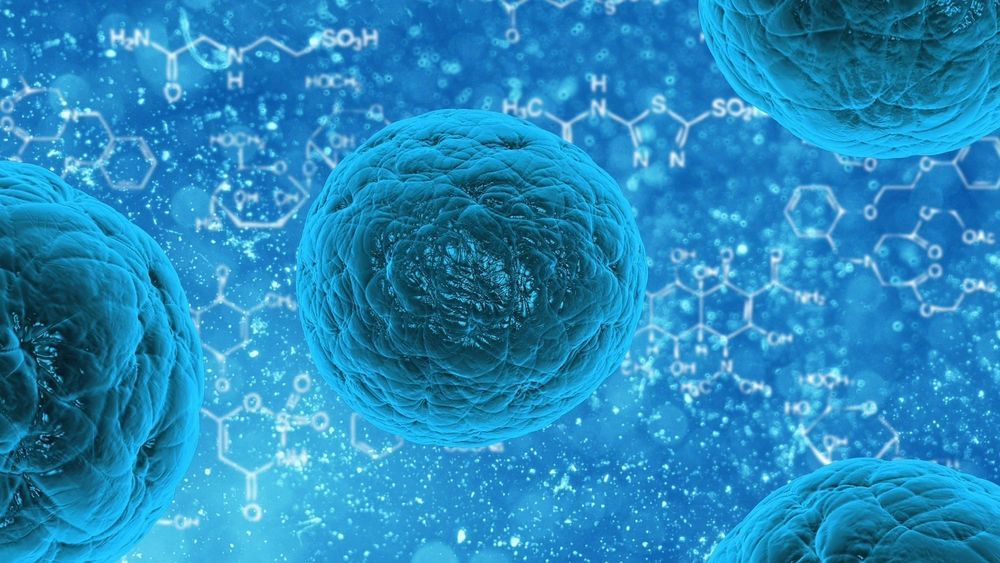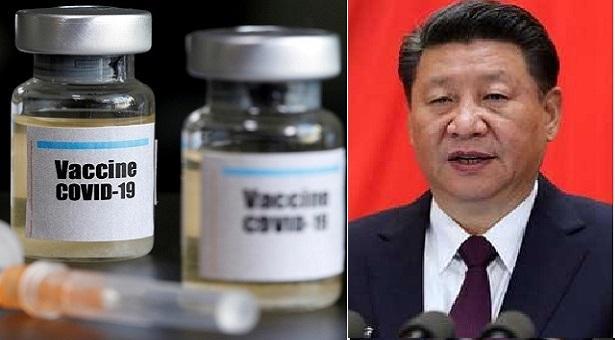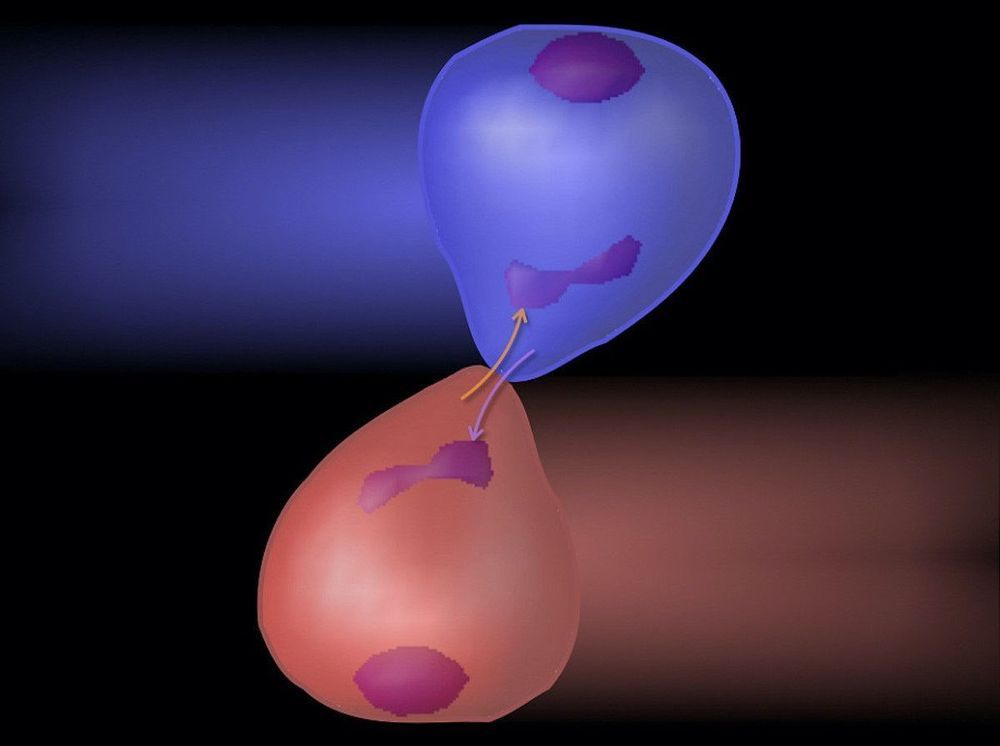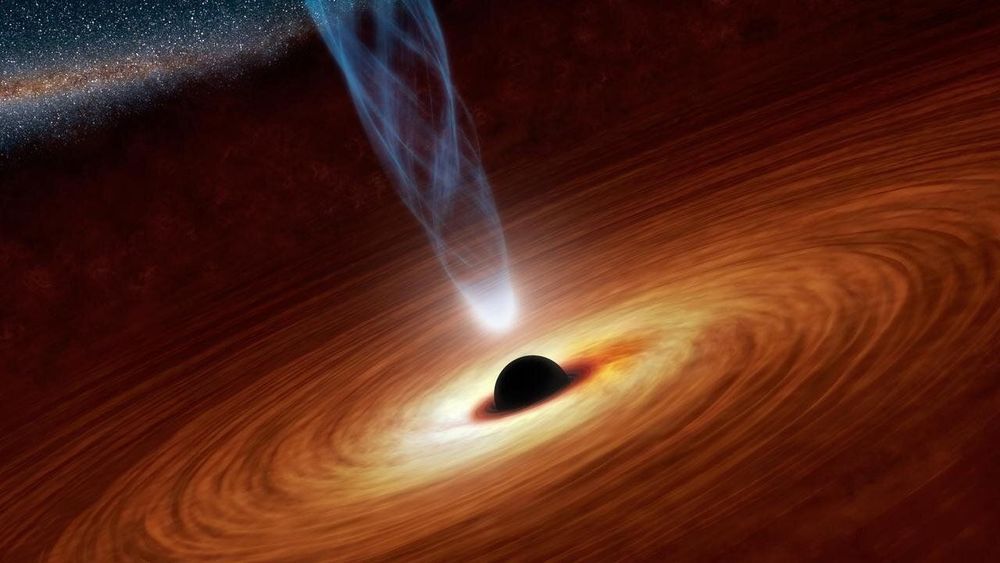The operation saw Air Force C-17s laden with airborne troops fly thousands of miles across the Pacific to raid Andersen AFB.
In an interview with Nature, Elizabeth Maruma Mrema, the new head of the United Nations Convention on Biodiversity, acknowledged that it would be difficult to set a single target because biodiversity is multifaceted. But, if the community succeeds in making it work, she adds: “that will be the best result possible because then it becomes a song everyone will sing, and that everybody can align with to deliver that one key message.”
Elizabeth Mrema has a mighty task ahead of her, leading countries as they negotiate new biodiversity targets.
China-develops-worlds-first-coronavirus-vaccine.
The research was the target of a conspiracy theory about the origin of the new coronavirus.
Although plants make up over 80% of the biomass on Earth, for centuries they have been thought of as inanimate and passive things. Researchers even coined the term “plant blindness” to refer to a cognitive bias that literally makes our brains zone out plants in our view and underestimate their importance.
In molecular biology, chaperones are a class of proteins that help regulate how other proteins fold. Folding is an important step in the manufacturing process for proteins. When they don’t fold the way they’re supposed to, it can lead to the development of diseases such as cancer.
Researchers at the Sloan Kettering Institute have uncovered important findings about what causes chaperones to malfunction as well as a way to fix them when they go awry. The discovery points the way to a new approach for developing targeted drugs for cancer and other diseases, including Alzheimer’s disease.
“Our earlier work showed that defects in chaperones could lead to widespread changes in cells, but no one knew exactly how it happened,” says SKI scientist Gabriela Chiosis, senior author of a study published June 30 in Cell Reports. “This paper finally gets into the nuts and bolts of that biochemical mechanism. I think it’s a pretty big leap forward.”
Coronavirus was first detected in China. Over 10 million people have so far infected with the virus across the world while more than five lakh people have died of the disease.
Over 100 research institutions around the world are trying to develop a vaccine to deal with the virus. It was reported that the Oxford vaccine is now at the final stage.
But above all, China has now given final approval to the corona vaccine, according to a report of Yahoo News.
Australian and US physicists say they have calculated the speed of the most complex nuclear reactions and found that they’re, well, really fast. We’re talking as little as a zeptosecond – a billionth of a trillionth of a second (10-21).
The finding follows a comprehensive project to calculate detailed models of the energy flow during nuclear collisions.
Cedric Simenel from the Australian National University worked with Kyle Godbey and Sait Umar from Vanderbilt University to model 13 different pairs of nuclei, using supercomputers at ANU and in the US.
Thanks to a new uplink, a pilot in a sim at Nellis Air Force Base can now fly their F-35 alongside a virtual F-16 operated by another aviator in a simulator in, say, Asia.
Samsung has announced its latest lineup of high-capacity consumer solid-state drives: the 870 QVO. It starts at $129.99 for the 1TB SSD, working all the way up to Samsung’s first 8TB model made for consumers.
O.,o O.O
We now know just how massive the fastest-growing black hole in the Universe actually is, as well as how much it eats, thanks to new research led by The Australian National University (ANU).
It is 34 billion times the mass of our sun and gorges on nearly the equivalent of one sun every day, according to Dr. Christopher Onken and his colleagues.
“The black hole’s mass is also about 8,000 times bigger than the black hole in the centre of the Milky Way,” Dr. Onken said.

